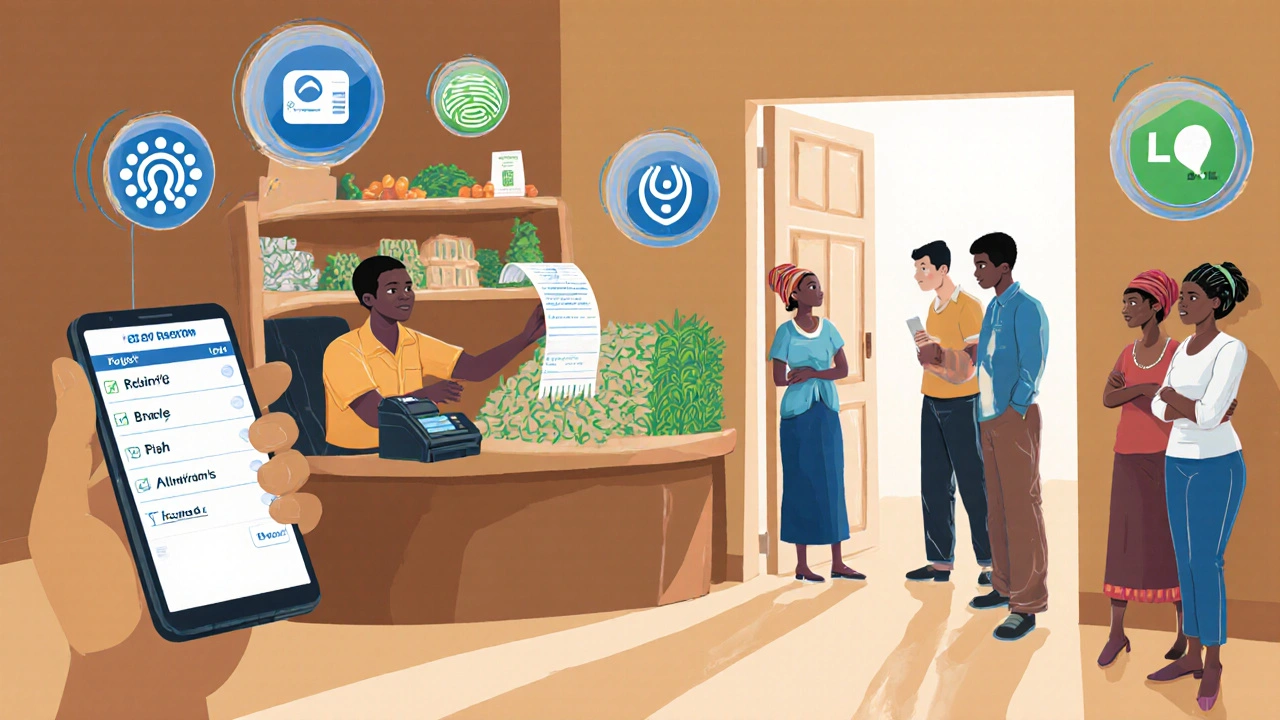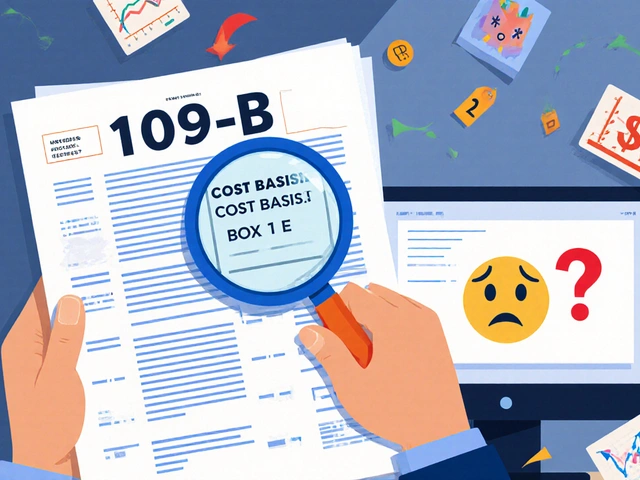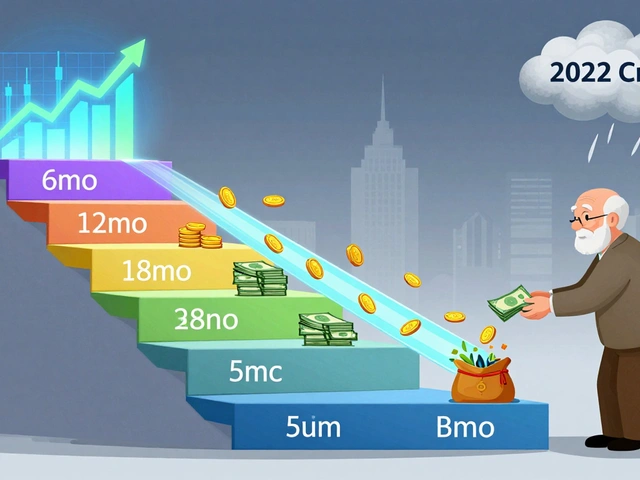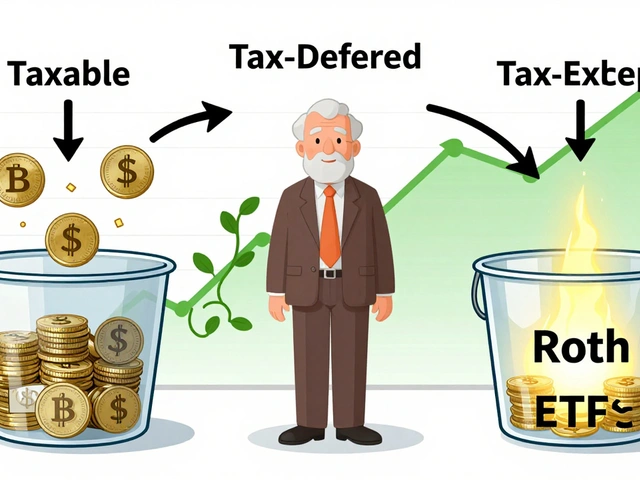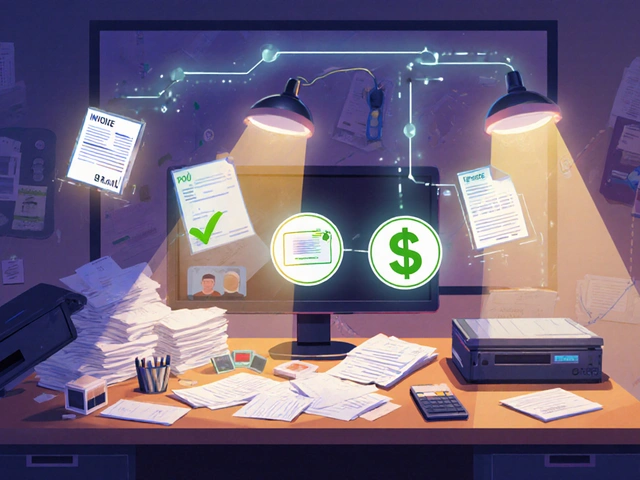Agent Banking: What It Is and How It’s Changing Access to Financial Services
When you think of a bank, you probably picture a building with tellers, ATMs, and maybe a lobby. But agent banking, a system where local businesses act as banking representatives to offer basic financial services. Also known as financial agency networks, it’s how millions of people without a nearby bank branch can still deposit cash, send money, or check their balance. This isn’t science fiction—it’s happening right now in rural towns, small villages, and even urban neighborhoods where traditional banks won’t open a branch because it’s not profitable enough.
Agent banking relies on everyday places—corner stores, post offices, mobile phone shops—to act as mini-banks. A shop owner, trained and licensed by a bank or fintech company, uses a simple device to process transactions. You hand them cash, they update your account, and you get a receipt. No need for a smartphone, no app download, no internet connection. It’s banking for people who’ve been left out of the system. This model is especially powerful in countries where over 60% of adults don’t have a bank account, but nearly everyone has a mobile phone. It’s also growing fast in the U.S., where underbanked communities struggle with check-cashing fees and payday loans.
Agent banking connects directly to other financial tools you might already use. For example, mobile banking, using a phone to manage accounts without visiting a branch often works hand-in-hand with agents—someone might use an app to send money, then walk to a nearby agent to cash it out. fintech, technology companies offering financial services outside traditional banks are the main drivers behind this growth, partnering with local agents to reach customers cheaply and at scale. And because these services are designed for low-income users, they’re built to be simple, low-cost, and reliable—even when power or internet is spotty.
You won’t find agent banking in every city center, but if you live in a place where the nearest bank is 20 miles away, or you get paid in cash and need to pay rent electronically, it’s already part of your financial life. It’s not just about convenience—it’s about fairness. People shouldn’t have to pay 5% just to cash a paycheck because they don’t live near a bank. Agent banking fixes that. And as more fintechs and banks invest in it, expect to see even more services added: bill payments, microloans, even savings accounts managed through an agent.
The posts below dive into how this system works behind the scenes—how agents are trained, what regulations apply, how fees are kept low, and how it ties into bigger trends like digital payments and financial inclusion. You’ll also see how it compares to other alternatives like earned wage access and mobile wallets. Whether you’re using it, considering it, or just curious how people without banks manage their money, you’ll find real examples and clear explanations here.
